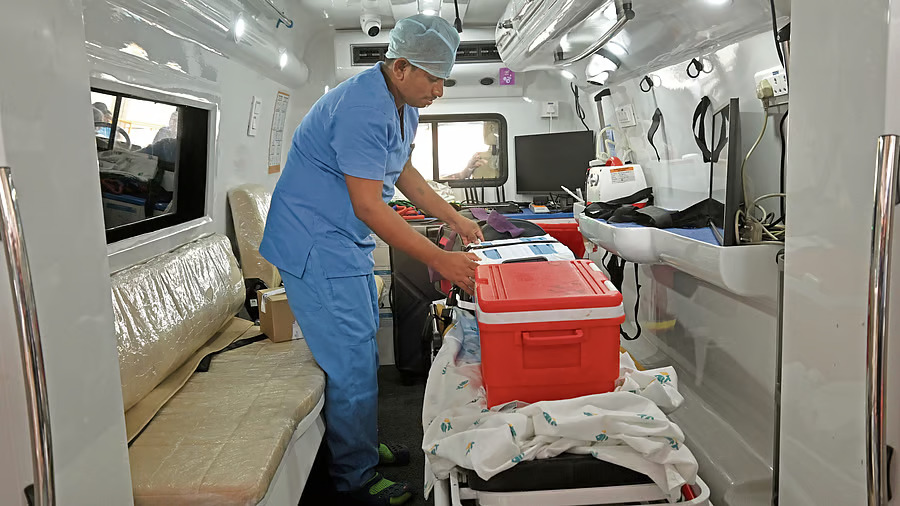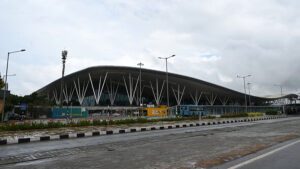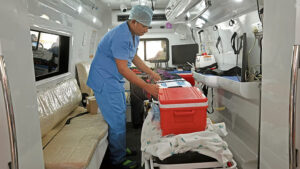In a heartening development that stands out in the midst of daily headlines filled with conflict and crisis, the districts of Ballari and Dharwad in Karnataka have emerged as torchbearers in the state’s organ donation drive. These two regions have not only surpassed other districts in terms of organ donation pledges but have also become powerful symbols of social awareness and humanitarian spirit.
The recent data, compiled from a statewide campaign aimed at encouraging organ donation, reveals that Ballari and Dharwad recorded the highest number of pledges from individuals willing to donate their organs after death. This rise in pledges is being hailed as a significant milestone for public health in Karnataka, where organ shortages have long hindered life-saving transplants.
The Power of Awareness
The surge in pledges from Ballari and Dharwad is being attributed to a combination of aggressive awareness campaigns, proactive local health departments, and extensive grassroots mobilization. Medical officers, NGOs, school teachers, college volunteers, and even religious leaders have been instrumental in encouraging people to see organ donation not as a loss, but as a legacy.
In rural and urban areas alike, street plays, mobile vans, pamphlets, rallies, and social media campaigns have all contributed to changing perceptions about what it means to give the gift of life. Several local influencers and community leaders have taken public oaths to donate their organs, inspiring thousands to follow suit.
Health officials note that these campaigns have not only increased the number of pledges but also helped dispel common myths and fears surrounding organ donation — such as religious taboos, concerns over body disfigurement, and mistrust in the healthcare system. Open conversations and transparent information sharing have been key to overcoming these social barriers.
The Human Side of the Numbers
Behind each pledge is a powerful story of empathy. In Ballari, a 17-year-old student reportedly became the face of the local campaign after he signed up as a donor and convinced his entire class to do the same. In Dharwad, a group of women from self-help groups turned into ambassadors for the cause, going door-to-door in their communities to educate people and collect pledges.
Hospitals in these regions have also been actively involved in training staff, organizing donor drives, and coordinating with families at times of loss — a process that requires not just medical efficiency but deep emotional sensitivity. Several families who had earlier lost loved ones in tragic accidents have found peace in knowing that their decision to donate brought life and hope to others.
Karnataka’s Growing Commitment to Organ Donation
Statewide, Karnataka is steadily climbing the national charts in terms of organ donation pledges and actual transplants. The state health department, in partnership with SOTTO (State Organ and Tissue Transplant Organisation), has been working to strengthen transplant infrastructure, create better donor registries, and ensure quick transportation of organs — all crucial factors in saving lives.
In addition to pledges, efforts are underway to streamline hospital readiness for brain-death identification, which is essential for harvesting organs in time. Specialized transplant coordinators are being deployed to major hospitals, while regional task forces are being set up to monitor and manage donations and waiting lists more efficiently.
But even with all these improvements, the demand for organs continues to far exceed the supply. Thousands in Karnataka still await transplants for kidneys, livers, hearts, and corneas. Many die while waiting. This is why the growing number of pledges from districts like Ballari and Dharwad offers not just statistical relief, but a strong sense of renewed possibility.
The Road Ahead
Experts say that institutionalizing organ donation in medical curricula, incorporating it in high school education, and making it part of official IDs (such as driver’s licenses) are the next steps for a long-term cultural shift. The idea is to normalize donation as a civic duty — something that is considered as natural and necessary as voting or paying taxes.
There are also calls for expanding government support to grieving families who make the selfless choice of donating a loved one’s organs. Psychological support services, public recognition, and post-donation follow-ups are being suggested as ways to honor and support donor families.
Conclusion: A Culture of Compassion
Ballari and Dharwad’s leadership in organ donation is not just a local success story — it is a model of how collective compassion, education, and collaboration can lead to transformative social change. At a time when India faces serious challenges in healthcare access, stories like these illuminate a path of empathy, solidarity, and shared humanity.
In every pledge lies the promise of a second chance, of renewed hope for patients and their families. As Karnataka continues its mission to build a stronger, more ethical and inclusive healthcare system, the rising tide of organ donation — powered by people from all walks of life — stands as a testament to the state’s resilient spirit and belief in giving life, even in the face of death.
Sponsored
FACTS Transcripts
Apply for a University document anywhere
https://www.factstranscript.com
Quick Transcripts for popular Universities, check your University name now and get started. We help you to get your transcript application online which is accepted for use of IRCC.
No DD, NO Paperwork. 100% Authentic, Reliable.
FACTS Transcripts Charges · Reviews · Assam Universities · Home · Know your University











